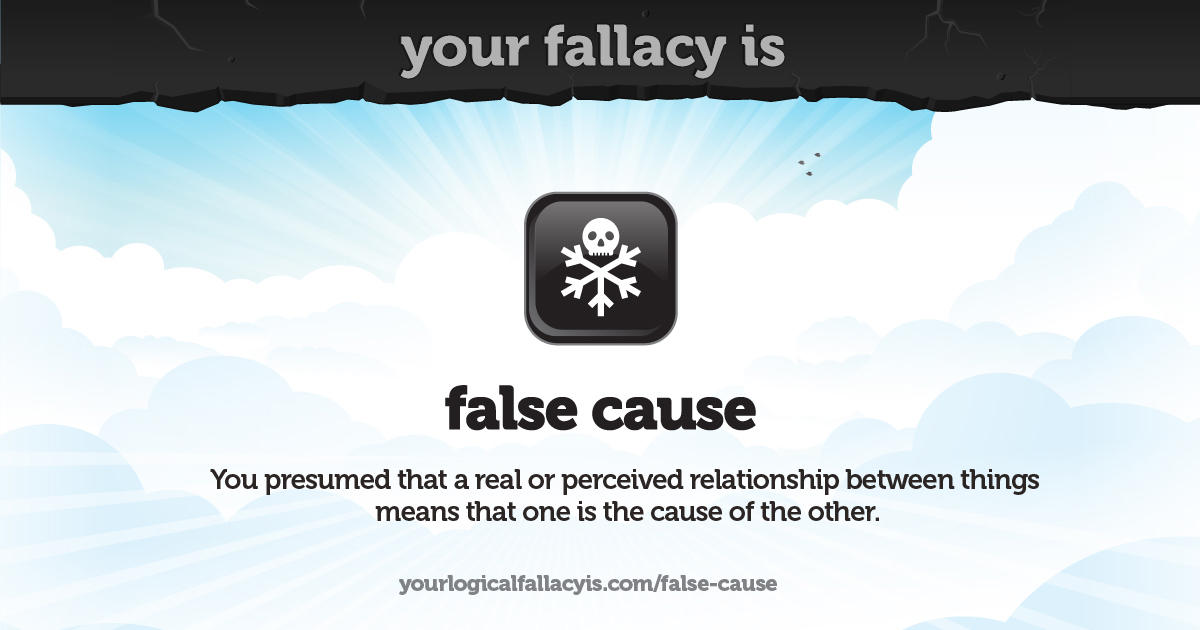TheNumber4
Registered User
- Nov 11, 2011
- 48,678
- 60,536
Im just using the halfway point of the salary cap era to denote early infancy salary cap era vs. Mature, well understood salary cap era.That’s quite the reach to think it takes a decade, to figure out that in some states, a player will pay less tax for half the season.
Those no tax teams weren’t as competitive back then.
So let’s eliminate the data the doesn’t suit your needs, just because.
And It does take time for a league to transition from an entirely no cap league to a hard cap league. How much time can be anywhere from 5-10 years for team builds to finally mature and for these no tax benefits to take effect. The list of top 4 teams success supports my theory. The next 10 years wil confirm it further.





